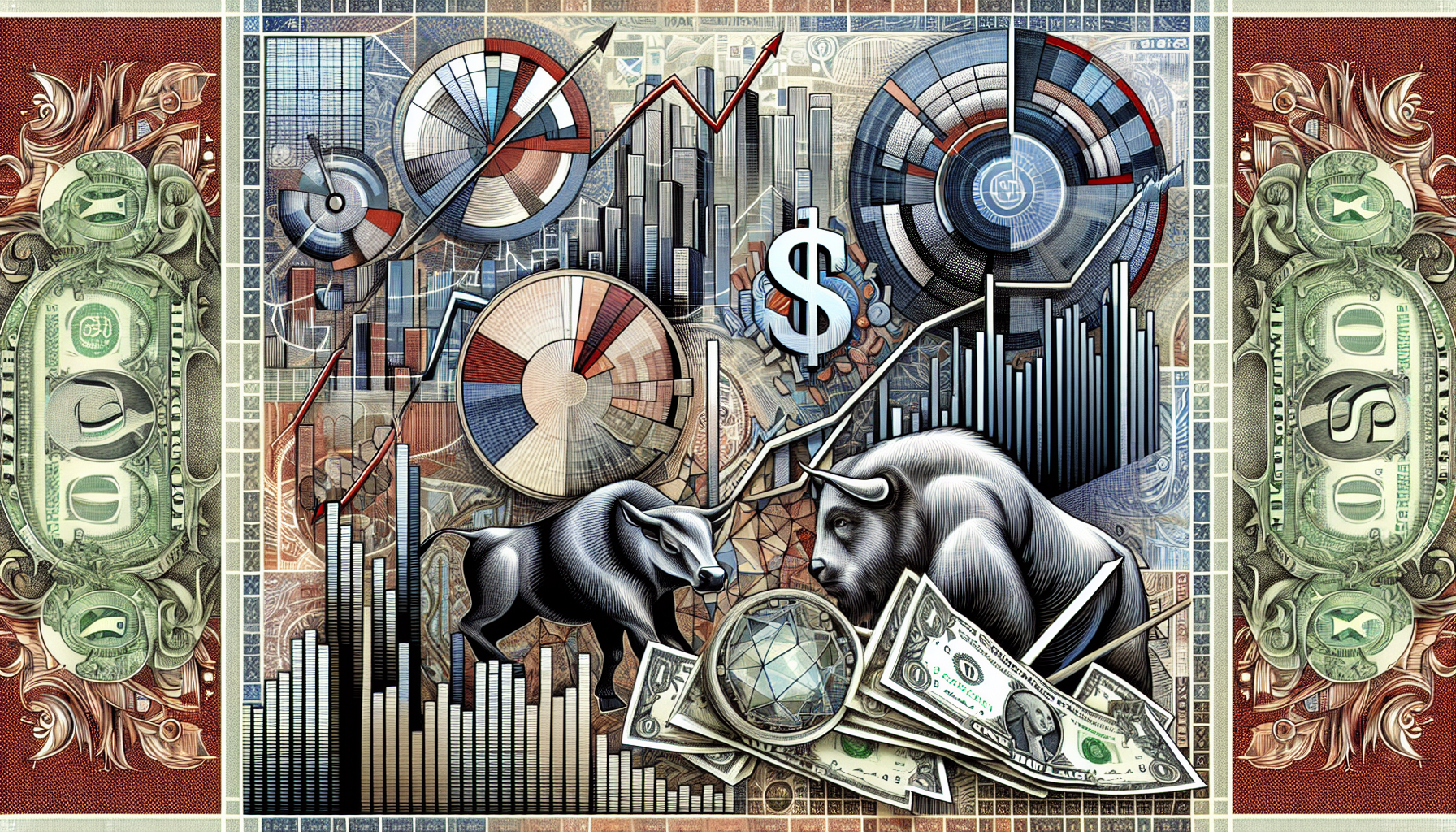
tl;dr
Cryptocurrency prices have declined as trade tensions and inflation concerns prompt investors to move away from risk-heavy positions. Bitcoin is at $82,100, Ethereum at around $1,790, and XRP at $2.13. U.S. stock futures are also trading lower, with sectors like automobiles, pharmaceuticals, and sem...
Cryptocurrency prices have experienced a decline due to escalating trade tensions and renewed inflation concerns in financial markets. The potential impact of reciprocal tariffs announced by President Donald Trump on up to 25 countries is affecting sectors such as automobiles, pharmaceuticals, and semiconductors. This has led to a pullback in crypto prices, with Bitcoin trading at $82,100, Ethereum at approximately $1,790, and XRP at $2.13.
Furthermore, U.S. stock futures are trading lower, and concerns about inflation pressures accelerating across the majority of U.S. economy sectors, along with a significant deterioration in consumer sentiment, are contributing to the broader investor caution. Institutional capital rotation away from risk-heavy assets is also affecting crypto prices.
The decline in cryptocurrency prices coincides with U.S. stock futures trading lower, reacting to escalating trade tensions and renewed inflation concerns. Bitcoin has slipped to $82,100, Ethereum to about $1,790, and XRP to $2.13, as per CoinGecko data. This drop follows weeks of volatility in equities, with major tech stocks retreating sharply and broader sentiment weakening.
Futures related to the S&P 500 and Nasdaq-100 have declined by approximately 0.7% to 0.8%, while Dow futures lost 0.55% in early trading. The rollout of reciprocal tariffs announced by President Donald Trump, expected to impact as many as 25 countries, particularly sectors such as automobiles, pharmaceuticals, and semiconductors, is contributing to the market caution.
Following the escalation of trade tensions, U.S. consumer sentiment has sharply deteriorated, with a financial publication, The Kobeissi Letter, reporting a decline of roughly 20 points in the past month to a reading of 57, marking the lowest level recorded outside of a formal recession. Analysts anticipate inflation pressures to accelerate across most sectors of the U.S. economy, with data from previous trade conflicts showing a 4% increase in PCE prices among tariff-affected categories and a 2% decline in non-affected sectors.
The pullback in crypto prices reflects broader caution among investors, particularly as significant institutional capital continues to rotate out of risk-heavy positions. The recent decrease in market capitalization among major tech stocks suggests increased volatility across both traditional and digital markets.
While some investors consider Bitcoin as a potential inflation hedge, its short-term correlations with equities indicate its tie to broader macroeconomic sentiment.